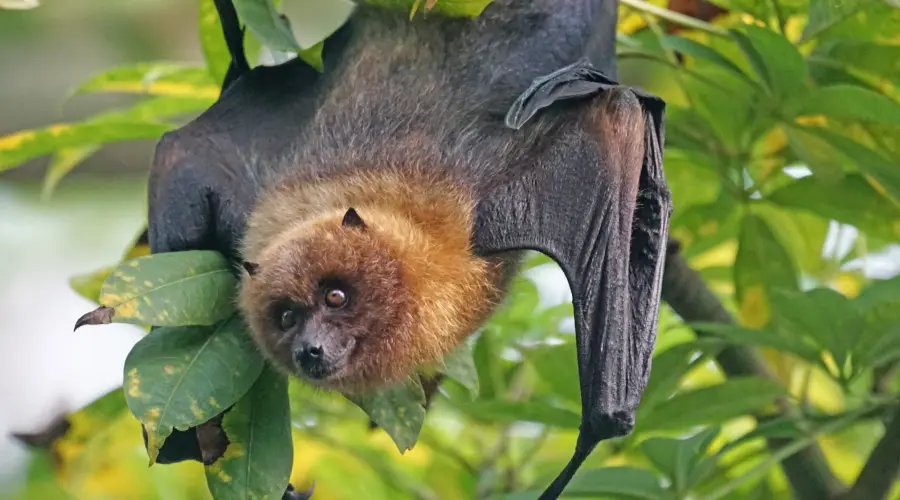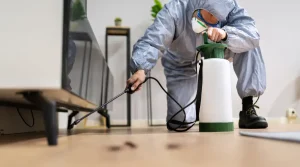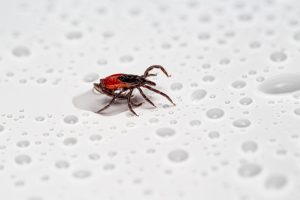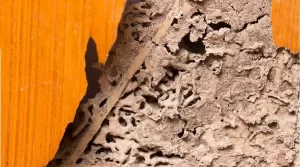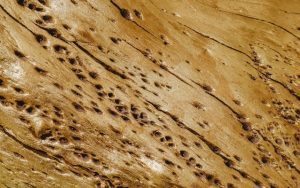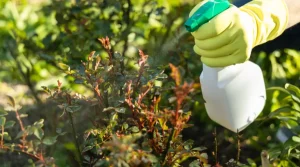Uninvited wildlife can cause significant damage to your property, compromise safety, and disrupt peace of mind. By adopting these comprehensive strategies, you can safeguard your home, deter unwelcome guests, and maintain harmony with nature.
Key Takeaways
- Seal Entry Points: Close gaps or openings in your home’s structure to block wildlife access.
- Maintain a Clean Property: Remove food sources and minimize attractants by securing trash and maintaining your yard.
- Understand Wildlife Behavior: Identify common species in your area and their habits for targeted prevention.
- Use Humane Deterrents: Employ safe methods like motion-activated devices or natural repellents.
- Know When to Call Professionals: Enlist expert help for persistent or severe issues.
Best Practices to Prevent Wildlife Intrusions
Effective prevention hinges on proactive measures. Start by sealing access points, minimizing attractants, and employing humane deterrents. If these steps aren’t enough, consult professionals for specialized solutions.
Identify the Wildlife You’re Dealing With
Recognizing the type of animal causing trouble helps you tailor your prevention strategy. Here’s a guide to common intruders:
- Rodents: Mice, rats, and squirrels can squeeze through tiny gaps, gnaw wires, and damage insulation.
- Raccoons: These clever animals exploit attic vulnerabilities and rummage through trash.
- Birds: Some species nest in vents or chimneys, causing blockages and potential fire hazards.
- Insects: Ants, bees, or wasps can invade homes, posing health and structural risks.
- Larger Animals: Deer, foxes, or bears may wander into your yard if food or waste is left accessible.
Actionable Tips to Protect Your Home
Seal Entry Points
Prevent animals from entering by reinforcing your home’s weak spots.
- Inspect Regularly: Check for cracks or openings around windows, doors, foundations, and vents.
- Use Sturdy Materials: Seal gaps with caulk, install metal mesh over vents, and block rodent-sized holes with steel wool.
- Reinforce Weak Areas: Secure soffits, repair damaged roof shingles, and install chimney caps to block access.
Maintain a Clean Property
A clean, organized yard reduces wildlife attractants.
- Secure Trash: Use wildlife-resistant bins with tight lids.
- Store Food Indoors: Avoid leaving pet food, birdseed, or scraps outside overnight.
- Trim Landscaping: Keep shrubs and tree branches trimmed to limit roof or window access.
- Clean Bird Feeders: Regularly sweep away fallen seeds to prevent attracting rodents.
Use Humane Deterrents
Discourage wildlife without harming them.
- Motion-Activated Devices: Lights or sprinklers can deter nocturnal animals like raccoons or deer.
- Noisemakers: Ultrasonic devices work well for birds and small mammals.
- Natural Repellents: Peppermint oil deters rodents, while citrus peels are effective against insects.
Adapt to Seasonal Changes
Wildlife behavior changes with the seasons, requiring adjustments to your strategy.
- Spring and Summer: Animals look for nesting spots; inspect attics, chimneys, and vents regularly.
- Fall and Winter: Cold weather drives animals indoors. Reinforce your home before temperatures drop.
Call Professionals When Needed
Some situations require expert intervention.
- Persistent Problems: Wildlife control experts can safely remove animals and prevent recurrence.
- Structural Damage: Animals like raccoons can cause extensive damage, requiring professional repairs.
- Health Risks: Some species carry diseases or parasites; professionals ensure safe cleanup and removal.
FAQs
Q: How can I tell if wildlife has entered my home?
A: Look for signs such as scratching noises, droppings, gnawed materials, or visible damage to walls or vents.
Q: Are natural deterrents safe for pets?
A: Most are safe, but always check labels and consult your veterinarian for guidance.
Q: Can wildlife cause significant damage to my home?
A: Yes, rodents can chew electrical wires, while raccoons may tear insulation or damage roofing materials.
Conclusion
Preventing wildlife intrusions starts with consistent action and awareness. Sealing entry points, maintaining a clean property, and using humane deterrents can protect your home. For complex or persistent issues, professional wildlife control services offer safe and effective solutions.
Take proactive steps today to keep your home secure and wildlife outdoors where it belongs. A peaceful, wildlife-free living space is well within your reach!
Protect Your Home Today with Poway Pest Control!
Don’t let pests invade your peace of mind. Our trusted team provides fast, effective, and eco-friendly pest solutions tailored to your needs.

